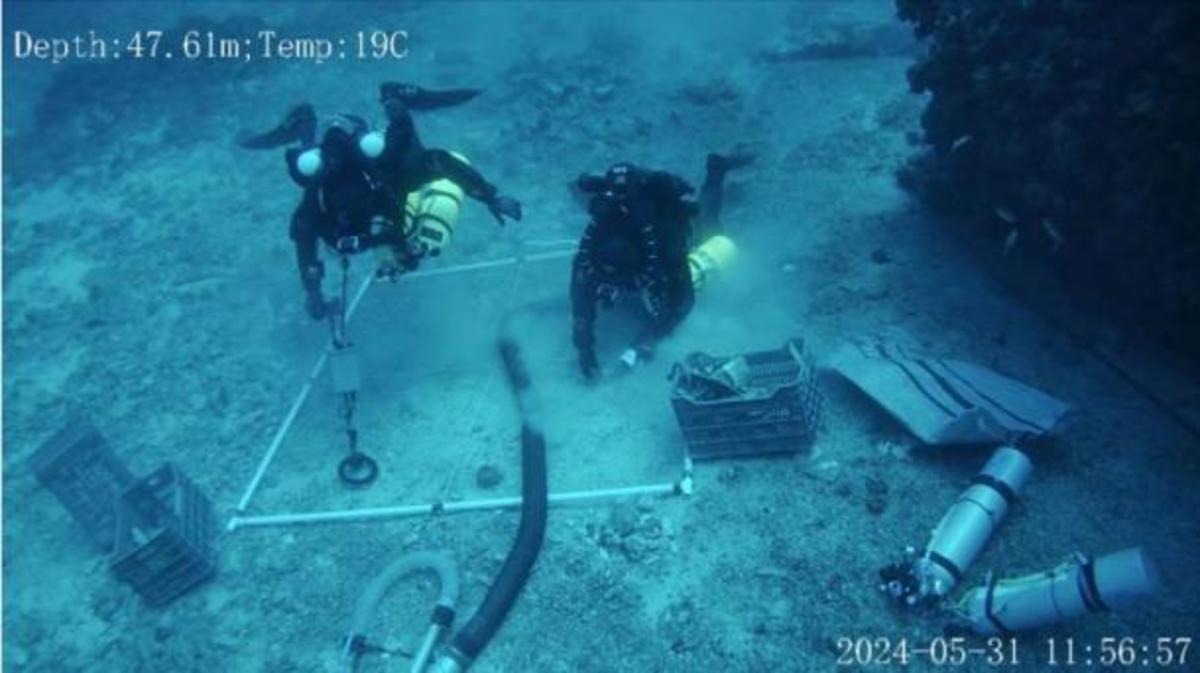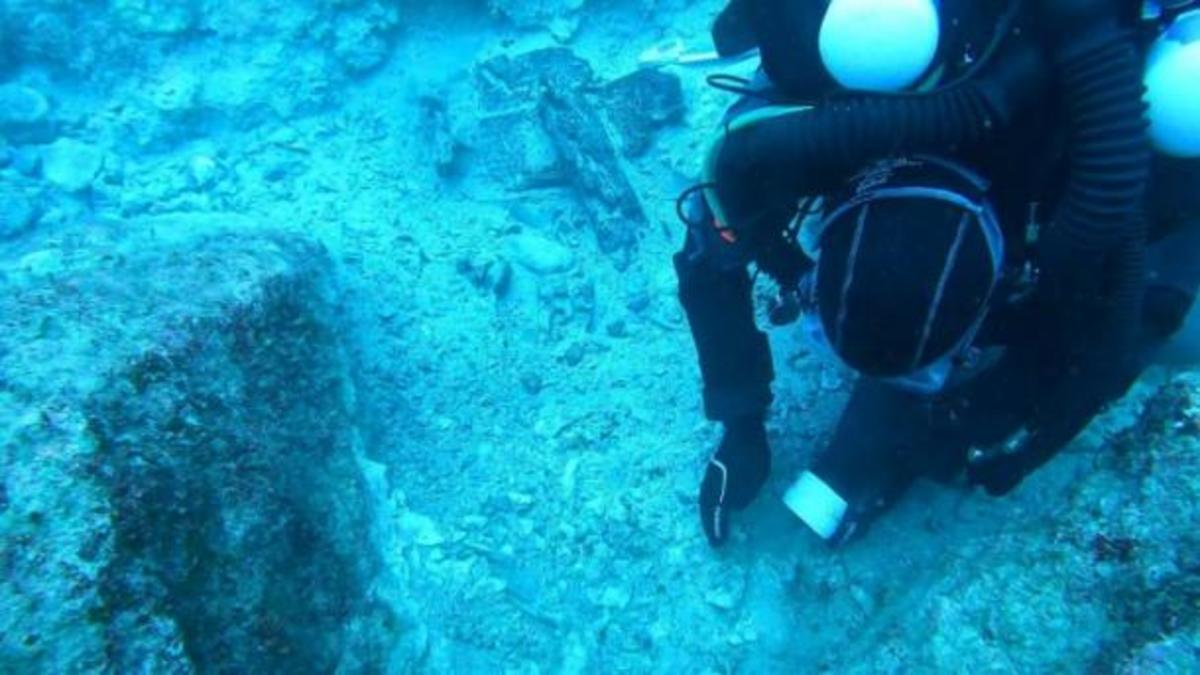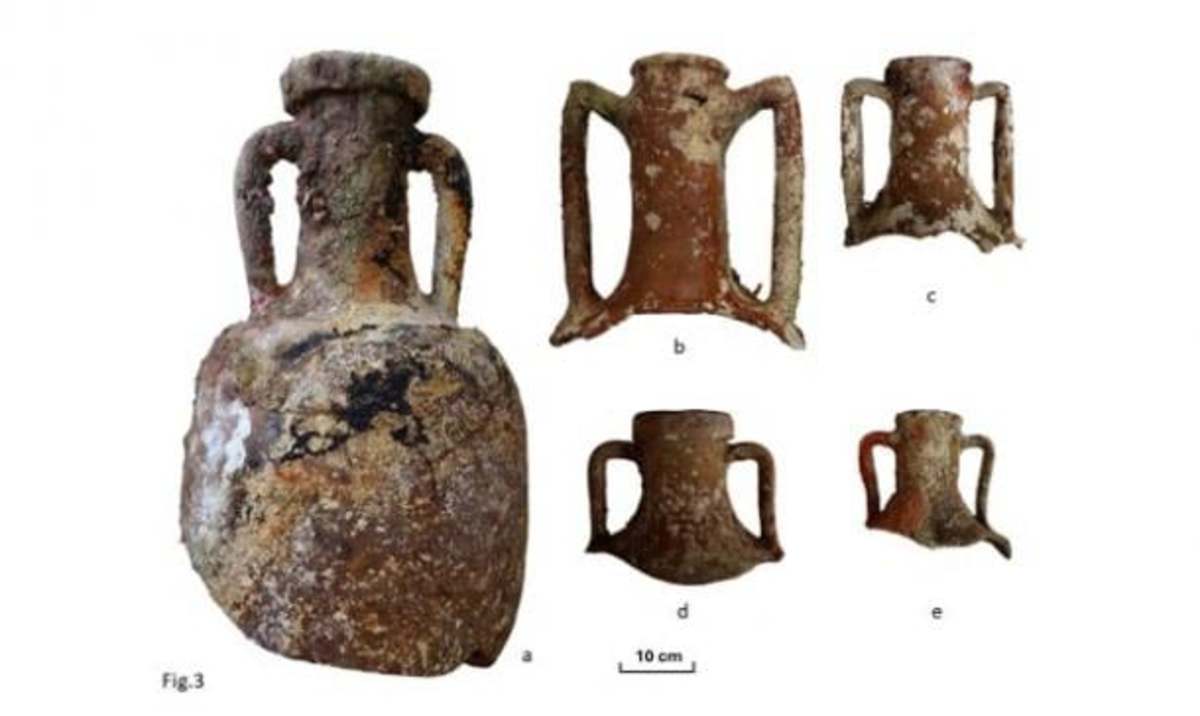No products in the cart.
Fitness Tips
Archaeologists Find Human Remains, Second Wreck at Ancient Shipwreck Site
During an expedition spanning from May 17 until June 20 of this year, marine archaeologists working with the Swiss Archaeological School in Greece uncovered a remarkable amount of cargo from the site of the Antikythera shipwreck, including a second wreckage site.
The Atikythera wreck was first discovered in 1900, but many of its secrets and cargo lay unexplored for more than a century until a team of scientists, led by Angeliki G. Simosi and Lorenz Baumer, created a “systematic scientific approach” to explore the site, Ancient Origins reported.
Archaeologists set out to determine the identity of the human remains in the wreck, as well as circumstances of the tragedy and whether it involved another ship. They studied two separate sites, Area A and Area B, roughly 220 yards apart.
Greek Ministry of Culture
The discovery in Area A of about 300 objects, including human remains, 21 marble fragments from statues, 200 pottery fragments, and the well-preserved hull of a ship led astonished archaeologists to a second wreckage site in Area B.
There, scientists recovered yet another wooden ship which they hypothesize was involved in the Antikythera tragedy. The piece was still intact, with wooden planks, connected with copper pins and coated with a layer of protective lead comprising the boat’s outer shell.
Greek Ministry of Culture
Across both wreckage sites, scientists recovered an abundance of sculptural fragments, including pieces of fingers, extremities, and clothing from many different artworks. They also found a lagynus, or oil lamp, as well as a two-handed skyphos vase and several unidentified pieces of “table pottery.”
Greek Ministry of Culture
Simosi and Baumer stressed the importance of these remarkable discoveries, most especially that of the well-preserved hull, in relation to understanding previously unknown corners of marine archaeology. They are currently undertaking “extensive” analysis of the ship’s remains in hopes of better understanding the vessel’s provenance and shipbuilding techniques of the era. Both hope that those answers will bring them closer to understanding the lives of those involved in the historic tragedy.
Source link

